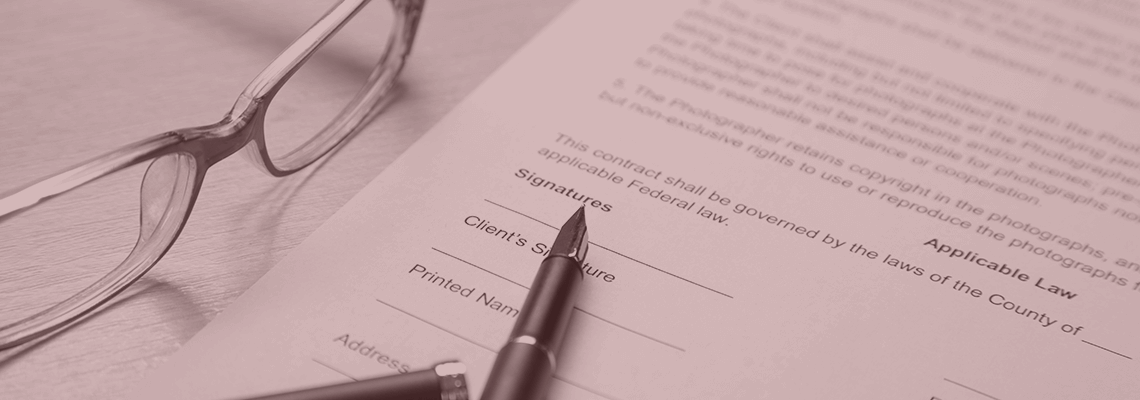
What Do Startups and Entrepreneurs Needs to Know About Employment Law
Startups and entrepreneurs face an uphill battle in establishing their businesses. Regardless of how good an idea or service you have to offer, a great deal must go into the design and establishment of a company to ensure its success. According to Forbes, 9 out of every ten startups fail, and in many cases, the final blow is dealt even before the company launches. However, of the 10% of startups that succeed and grow into successful businesses, there are commonalities. One of the most important common characteristics is attention to detail. Knowing how to get your business off to a good start is an efficient way to ensure its success, so what do you need to know?
Necessary Tax Forms
A business must file with the IRS to receive an employer identification number. An EIN is a number that the IRS will use to identify your trades and the employees working for your company. This will track taxes, wages, and other valuable information about your business with the IRS, banks, and other companies. Each state has different rules and regulations about reporting and may have additional form submission requirements. To avoid penalties and fees, it is best to speak with a lawyer well-versed in employment law in the state where your business is incorporated.
Workers' Compensation and Insurance
In many states, a business with more than one employee must carry workers' compensation insurance. Sometimes, a company can have private insurance for employee injury claims. In the state of Texas, workers' compensation insurance is optional. Still, it is thought necessary for any business looking to avoid litigation for injuries incurred on the job or because of tasks related to an employee's scope of work.
Protecting your Intellectual Property
Startups are almost always based on an idea and because. Because intellectual property is likely your business's most valuable asset, you'll n. You'llwhat type of protection you'll need to ensure your idea and research isn't pirated by a competitive company? Copyright is the protection offered to creative work. While copyright is often associated with written assignments, it also extends to computer codes. Trademarks are used to protect branding, including the company's name and any logos used. Patents can be filed to protect inventions or innovative ideas, and finally, trade secret protection laws aim to protect confidential business information, which may include research and design elements.
Establishing the Employment Relationship
In the United States, most employees are hired on an "at-will" at-will "oyment allows the employer or employee to end the relationship at any point. Neither the employer nor the employee must state a reason for termination. The employer, however, can not dismiss an employee for discriminatory reasons, as outlined by Title IV and other employment law regulations.
A startup may employ an individual at will or as an independent contractor. Unfortunately, in Texas, one of the most common mistakes startups make is hiring contractors that should be classified as employees.
While the statistics may seem sobering and grim, not every startup is destined to fail. After all, 10 percent of businesses are successful, and their success is attributed to more than just luck. Attention to detail, investment in the company employment law help, and a deep understanding of the business landscape can set a business on track for success. So be mindful to follow employment law and other regulations and never stop learning about the aspects it takes to turn a small business into a robust enterprise.